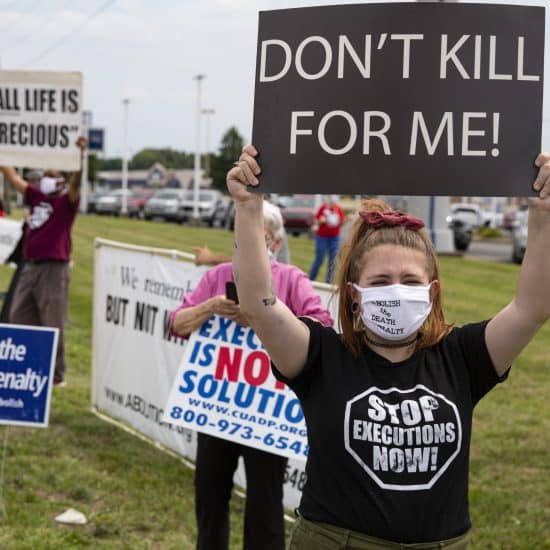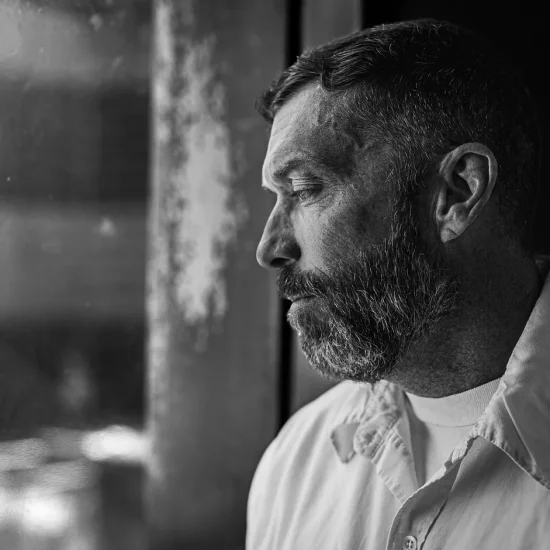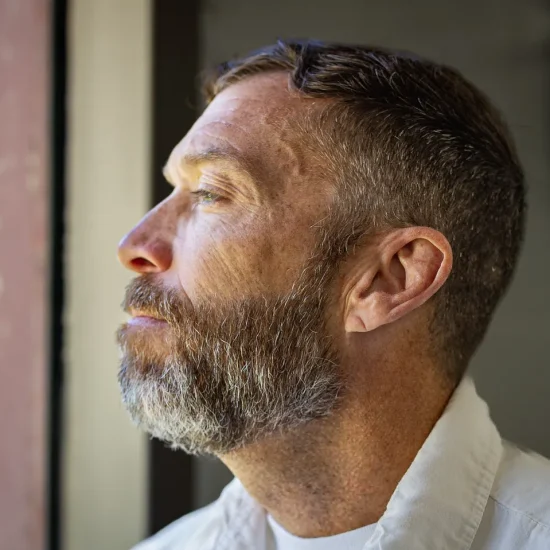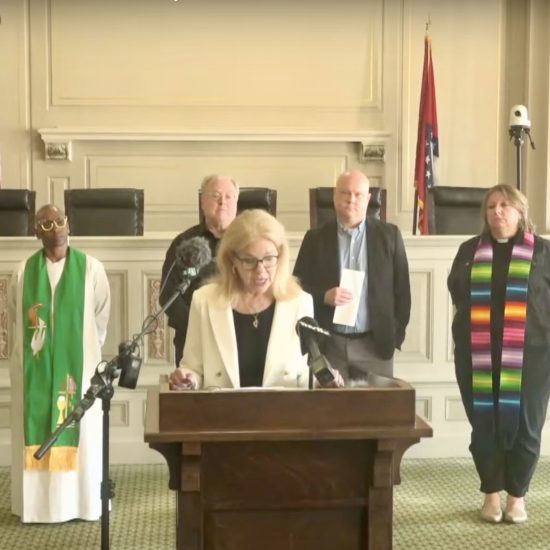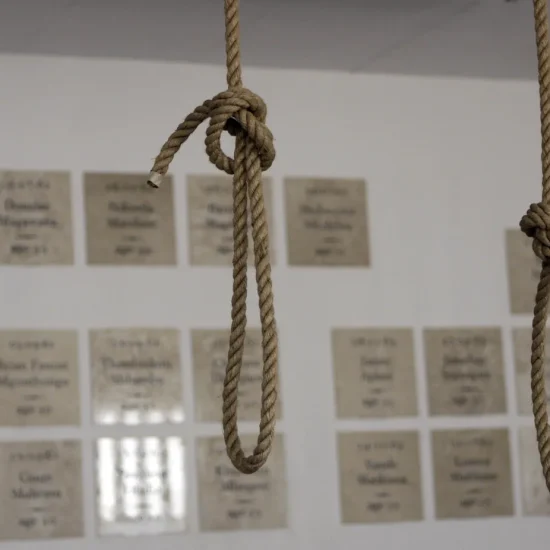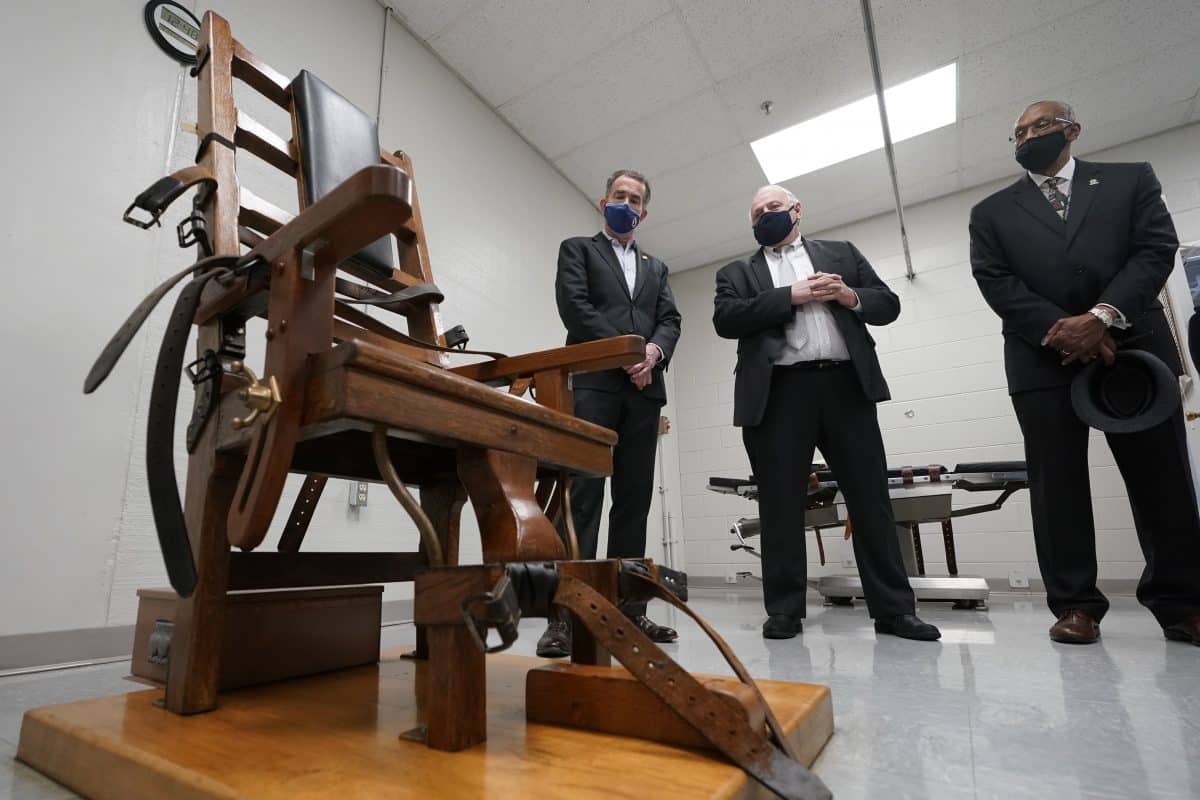
George Stinney was too short. So, his executioners needed to prop him up on the electric chair. Like parents sitting a child on a phone book as a booster seat to reach a dinner table, they used a book: the Bible.
Eighty-five days earlier, on March 23, 1944, the bodies of two White girls were discovered in Alcolu, South Carolina. Police arrested Stinney and interrogated him without his parents or a lawyer present. They claimed he signed a confession, though it was never found. He said they starved him before using food as a bribe for admitting to the crimes.
His rushed “trial” barely lasted two hours. Stinney’s court-appointed attorney called no witnesses and, despite contradictory claims from prosecution witnesses and a reported alibi, failed to cross-examine anyone on the stand. Nearly 1,000 White people gathered in the courthouse to watch, but Blacks were barred from attending (unless on trial). After deliberating for less than 10 minutes, the all-White jury found Stinney guilty. He was sentenced to death.
Less than two months later, a fatal surge of electricity ran through the body of this Black teenager — and through the Bible beneath him. Speechless and crying as the too-large mask fell off his face during the execution, Stinney became the youngest person in the United States to officially receive the death penalty in the 20th century.
Seven decades later, his conviction was vacated on Dec. 16, 2014. Judge Carmen Mullen ruled Stinney’s trial was not fair, his “confession” was inadmissible, and his age made the execution an unconstitutional employment of “cruel and unusual punishment.”
Of course, it was too late for George Stinney and for his parents who had buried him in a Baptist cemetery and fled the community under threats of violence. But they could not outrun the trauma. His older brother, Charles, became a bishop of the Church of the Lord Jesus Christ (a Black Pentecostal denomination) and said in 2014, “For my family, Friday, March 24, 1944, and the events that followed were our personal 9/11.”
 Today, it might be tempting to suggest we would never do THAT again. While we may not be literally strapping young teenagers on a Bible to execute them, scriptures continue to be used to boost support for the state killing people. In this issue of A Public Witness, we look at the state of the death penalty in the U.S. today, and the role of Christians in keeping it alive.
Today, it might be tempting to suggest we would never do THAT again. While we may not be literally strapping young teenagers on a Bible to execute them, scriptures continue to be used to boost support for the state killing people. In this issue of A Public Witness, we look at the state of the death penalty in the U.S. today, and the role of Christians in keeping it alive.
NOTE: The rest of this piece is only available to paid subscribers of the Word&Way e-newsletter A Public Witness. Subscribe today to read this essay and all previous issues, and receive future ones in your inbox each Thursday morning.

